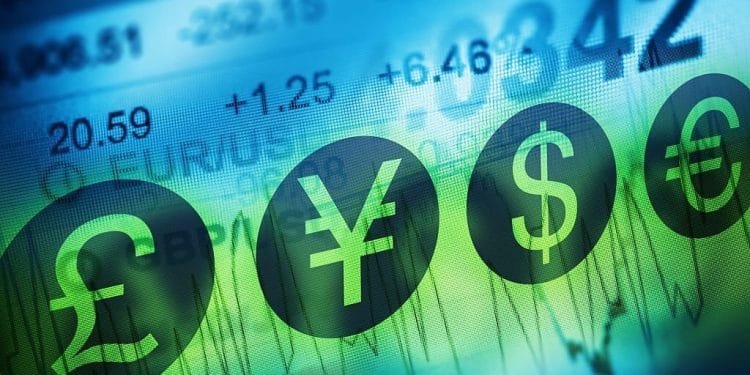The state of a country’s economy may often be gauged by looking at the value of its currency relative to others. The definition of an exchange rate is the cost of converting one currency to another. Taxation and interest rates are more than just relevant to governments and major banks. And on a more micro scale, they matter because of their effect on the actual returns of an investor’s portfolio.Several factors cause
currency exchange Surrey rate fluctuations, and it helps to be aware of how these factors impact a country’s trade relationships with others. Exports become more costly and imports from outside become cheaper when a country’s currency is strong, and vice versa when the currency is weak. A nation’s trade balance suffers when the exchange rate is high but improves when the rate is low. This article examines the causes behind the volatility of currency rates and lists seven of the most important ones.https://www.quora.com/profile/Buy-Original-1/Should-I-Get-Foreign-Currency-Before-I-Travelhttps://hubpages.com/travel/Procedure-You-Must-Know-To-Apply-For-Canada-Visahttps://www.vingle.net/posts/4848617
Factors That Typically Influence Currency Exchange Rates
Rates of Inflation
Exchange rates fluctuate in response to changes in inflation expectations. Simply put, a country’s currency will rise if its inflation rate is lower than average. When inflation is low, the cost of living is more stable. Low-inflation countries see their currency appreciate over time, whereas high-inflation nations see their currencies depreciate and interest rates rise.
Variable Interest Rates
There is a relationship between interest rates, inflation, and currency exchange rates. Central banks may affect both inflation and currency exchange Surrey rates through interest rate manipulation. Lenders should expect a greater rate of return from the higher interest rates in the United States compared to those in other nations. When a country’s interest rate rises, the value of its currency rises as well because higher interest rates imply greater rates to lenders, attracting more foreign money and increasing exchange rates.
Recession
Lower interest rates reduce a country’s ability to attract foreign investment funds while the economy is in a downturn. The result of this is a decline in the value of its currency relative to that of other nations.
Indicators of the International Financial System
The current account is the total of a country’s exports, imports, and income from investments outside of the country. It includes all exports, imports, and debt service payments. When a country spends more of its currency on imports than on exports, a gap opens up in its current account, often known as the trade deficit. As a result, local sales and exports increase since the country’s currency is worth less on foreign markets.
Terms of Trade
The ratio of export prices to import prices is known as the terms of trade. It is said that a country’s terms of commerce have improved if its export prices rise faster than its import prices. Rising terms of trade reflect rising demand for an exporting nation’s goods. When exports rise, so does the value of a country’s currency because more people are willing to exchange their money for it. If export prices grow slower than import prices, the currency’s value will fall relative to those of its trade partners.
Government Debt
Federal, state, or local governments may all have debt that is considered government debt. Inflation is more likely to occur in countries with high levels of public debt and deficits because they are less likely to attract foreign investment. Government debt in a nation is expected to grow by foreign investors. The value of the currency of this nation will inevitably fall as a consequence.
Political Stability and Performance
The value of a currency may be affected by factors, including the country’s political climate and economic growth. Foreign investors are more likely to put money into a country with a low risk of political turmoil, diverting funds from those with higher political and economic risk. The value of a country’s currency rises in response to an influx of foreign investment, whereas currencies of nations with high levels of political instability tend to fall in value.
Changes in the
BC currency exchange Surrey market are driven by the causes above, and the actual return of an investor’s portfolio is tied to the exchange rate of the currency in which the bulk of their assets are denominated. The buying power of income and capital gains from any returns reduces as the value of the currency declines. Currency values and currency exchange Surrey rates play a crucial role in the economy and in the rate of return on investments. Still, they are controlled by a wide variety of variables that are only sometimes easy to explain to investors.






















































